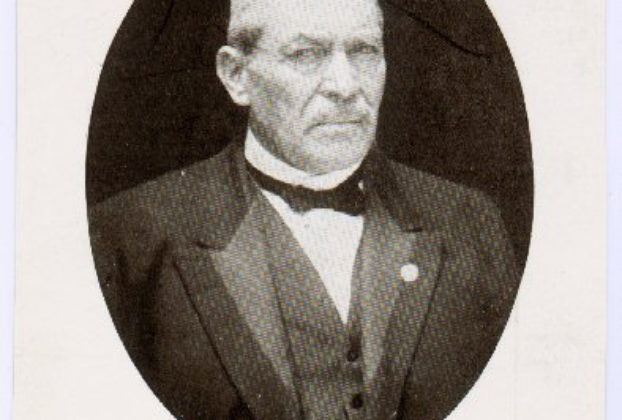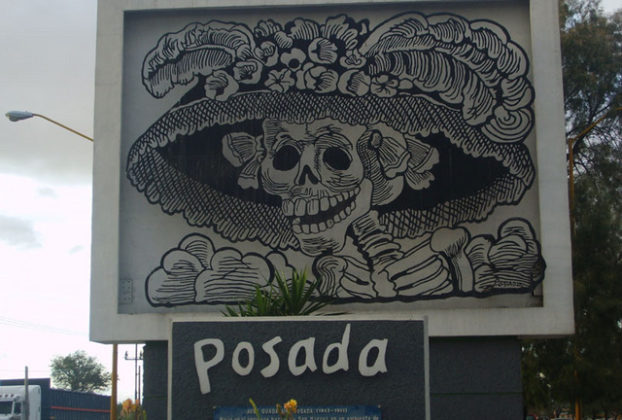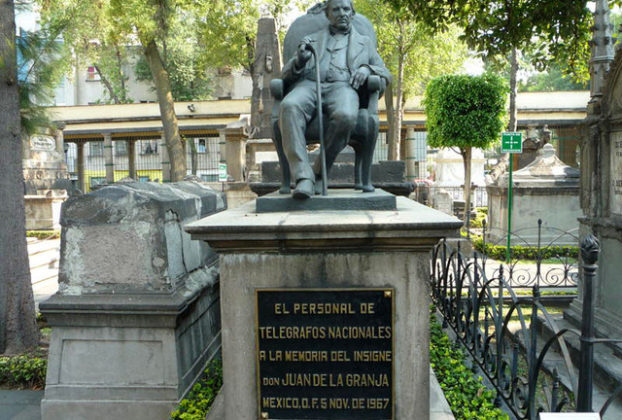Lucas Alamán and the Mexican right (1792–1853)
(This is an expanded version of an article that appeared in the October 18-24, 1997 issue of the COLONY REPORTER) In 19th century Mexico, most of the intellectuals were firmly on the liberal side. The scholar-scientist Melchor Ocampo, the law professor Santos Degollado, the historian- essayist Justo Sierra, the poet Guillermo Prieto, the towering Benito […]
Continue Reading


